Regulatory Affairs Committee (RAC) Newsletter – State Legislation Activity
Last week, Colorado Governor Jared Polis signed into law, HB-22-1355, which creates and EPR program for the state for packaging and printed paper. Colorado is now the third state in the country to formally approve packaging and paper-centered EPR legislation.
The legislation kicks off roughly four years of rulemaking and regulatory processes prior to taking effect. The core of the bill looks at a needs assessment for recycling collection and connected services across municipalities, which are funded through annual contributions by brands administered by a brand-centered Producer Responsibility Organization (PRO). The PRO will be overseen by the Colorado Dept. of Health.
Fees to brands will be largely determined by packaging attributes. Recyclable packaging, packaging with higher recycled content, deemed readily recyclable and less disruptive to recycling systems will generally pay lower fees. While labels, inks, adhesives and dyes are not specifically referenced in the legislation (and none are prohibited), the PRO will make determinations prior to fee schedules being issued regarding packaging elements that will draw higher fees in order to be sold in-state.
TLMI will follow the regulatory process once it begins and inform members of opportunities to provide input and developments as they occur.
Key Remaining & Eligible State Legislation
With most of the state legislatures adjourned for the year (only 9 remain in regular session) or until this fall, California advanced two measures out of their respective chambers, reported on in the prior RAC Newsletter, with changes directed at labeling and customer industries for specific packaging.
California Assembly Bill 2247, has passed the Assembly and was assigned to its initial Senate Committee on June 7th. It would establish a publicly accessible reporting platform to collect information about PFAS and products or product components containing regulated PFAS. The clearinghouse database was amended prior to Assembly passage and would now take effect in 2025, and PFAS determinations were also clarified, stating that they would need to be intentionally added in order for product lines to be covered.
Also advancing in the California legislature was Senate Bill 1097, which passed the full Senate and would require all cannabis products, other than those for topical use, to include a warning label that covers at least 1/3 of the front or principal face of the product, using the largest practical font type possible (in bright yellow), and include a pictorial or graphic element, along with an approved warning to the consumer. Please note – As a reminder, while the US Congress is currently considering legislation to change federal banking regulations to permit some cannabis and marijuana financial transactions, these laws remain in place for the time being.
Similar legislation outlining package warning requirements, alongside tamper-proof closures, California Assembly Bill 1894 also passed its chamber, and is now awaiting consideration in the Senate.
Legislation in New York that would have created an EPR program for the state, along with an EPR-connected packaging import fee in Hawaii both failed in their respective sessions. Bill sponsors are expected to reintroduce these measures in their next legislative sessions.


